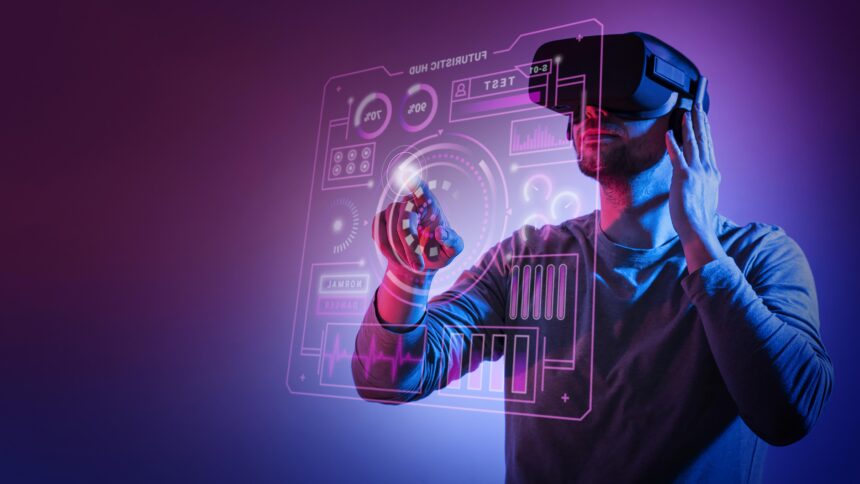In recent years, two groundbreaking technologies have been making waves in the digital world: Non-Fungible Tokens (NFTs) and Virtual Reality (VR). While each of these technologies has its own unique features and applications, the combination of NFTs and VR has the potential to create truly immersive experiences. In the South African market, this convergence opens up exciting possibilities for artists, creators, and consumers alike.
NFTs, often associated with blockchain technology, are digital assets that represent ownership or proof of authenticity of a unique item or piece of content. These assets can include digital art, music, videos, collectibles, and more. By utilizing blockchain, NFTs provide a transparent and secure way of verifying ownership and provenance. The scarcity and indivisibility of NFTs have captured the attention of artists and collectors worldwide, revolutionizing the way digital creations are valued and traded.
Virtual Reality, on the other hand, is a technology that creates a simulated environment, often using headsets or other devices, to immerse users in a computer-generated world. VR enables users to experience a sense of presence and interact with the digital environment as if they were physically present. From gaming and entertainment to education and training, VR has found applications in various industries and has the potential to reshape how we engage with digital content.
When NFTs and VR converge, the possibilities for immersive experiences expand significantly. South Africa, with its vibrant arts and cultural scene, stands to benefit greatly from this convergence. Artists and creators can leverage NFTs to tokenize their digital artworks and offer them for sale or auction on blockchain platforms. By attaching unique NFTs to their creations, artists can ensure authenticity, track provenance, and potentially earn royalties from future sales. The South African art market can witness a democratization of art ownership, with collectors from around the world having access to unique digital pieces created by local talent.
With VR technology, collectors and art enthusiasts can take their NFT ownership to the next level. Instead of simply viewing a digital artwork on a screen, VR enables users to step into a virtual gallery or exhibition space where they can explore the artwork in a fully immersive environment. They can walk around the virtual space, examine the details of the artwork up close, and even interact with other visitors in real time. This integration of NFTs and VR provides an unparalleled opportunity for art appreciation and engagement, transcending physical barriers and bringing global audiences closer to South African art.
Moreover, NFTs can extend beyond traditional visual art and encompass other forms of digital content, such as music and virtual experiences. Musicians and performers can create unique NFTs representing albums, songs, or concert experiences, allowing fans to own a piece of the artist’s creative journey. Virtual experiences, whether it’s a virtual concert or a virtual tourism experience, can also be tokenized as NFTs, enabling users to purchase and enjoy immersive encounters within the virtual realm. This fusion of NFTs, VR, and the entertainment industry presents a vast range of opportunities for South African artists and content creators to monetize their work and reach global audiences.
While the potential for NFTs and VR in the South African market is vast, it is important to address the challenges that may arise. The accessibility and affordability of VR devices and NFT platforms may limit initial adoption. However, as technology advances and becomes more affordable, these barriers are likely to diminish, opening up the market to a wider audience.
Additionally, the environmental impact of blockchain technology, on which NFTs are built, has raised concerns due to the energy consumption associated with mining cryptocurrencies. It is crucial for the industry to adopt more sustainable practices and explore eco-friendly alternatives to ensure the long-term viability of NFTs and VR experiences.
In conclusion, the convergence of NFTs and VR presents a new frontier for immersive experiences in the South African market. By combining the unique properties of NFTs, such as authenticity and provenance, with the immersive nature of VR technology, artists, creators, and consumers can engage with digital content in unprecedented ways. South African artists have an opportunity to showcase their talent on a global scale, while collectors and enthusiasts can experience art and culture in immersive virtual environments. As the technology evolves and becomes more accessible, NFTs and VR have the potential to reshape the art market and create a vibrant ecosystem of digital creativity in South Africa.










